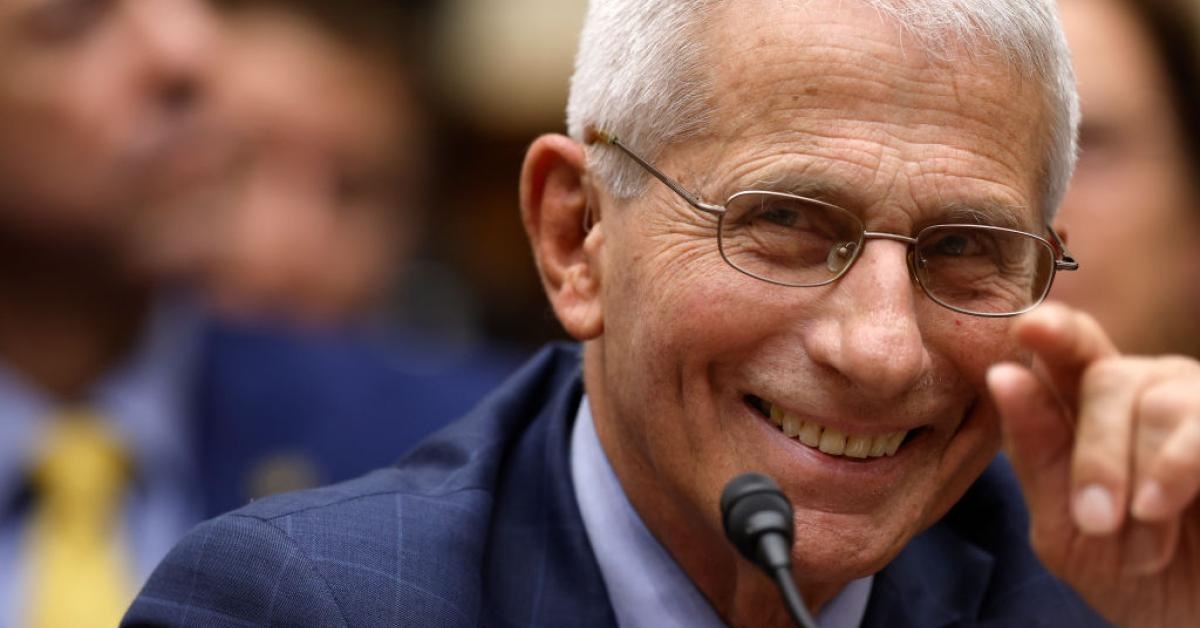
Plaintiffs seek to expand lawsuit against government social media censorship
In a significant legal development, plaintiffs in the case of Missouri v. Biden have returned to the Western District of Louisiana, seeking to expand their lawsuit against alleged government censorship on social media platforms. This move follows the U.S. Supreme Court's recent decision, which raised the bar for challenging government-related censorship, emphasizing the need for sufficient evidence linking harm to federal actions.
The plaintiffs, which include doctors Jay Bhattacharya, Martin Kulldorff, and Aaron Kheriaty, as well as activist Jill Hines and journalist Jim Hoft, believe that newly obtained evidence justifies further legal discovery. This evidence includes email exchanges acquired through their litigation, insights from journalist Alex Berenson's related case, the Twitter Files, and information from congressional investigations. The plaintiffs argue that these materials may unveil additional details about the censorship practices involving key federal officials, including former National Institute of Allergy and Infectious Diseases Director Dr. Anthony Fauci.
In their motion, the plaintiffs have requested to add the "Disinformation Dozen," a group of individuals allegedly targeted by the government, to their case. Notably, Robert F. Kennedy Jr., a 2024 presidential candidate, has been mentioned as part of this group. Recently, U.S. District Judge Terry Doughty ruled in favor of Kennedy's First Amendment lawsuit, acknowledging that he had been specifically targeted for removal by public officials.
The case has attracted significant attention as it delves into the intersection of social media, free speech, and government intervention. The 5th U.S. Circuit Court of Appeals has allowed parts of the injunction against federal officials to remain in effect, particularly concerning the White House and agencies like the Centers for Disease Control and Prevention.
The legal discussions are taking place against a backdrop of mixed messages from the Biden administration regarding the regulation of social media. During a recent press briefing, White House Press Secretary Karine Jean-Pierre addressed Brazil's recent ban on X (formerly Twitter), asserting the importance of access to social media as a form of free speech.
The case has implications for ongoing debates about the balance between preventing misinformation and protecting First Amendment rights. The plaintiffs are determined to press forward with their claims, aiming to demonstrate that government actions have unjustly suppressed their speech on social media platforms.
Stichworte







